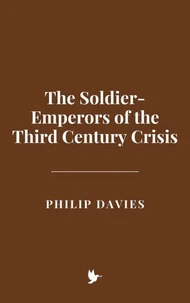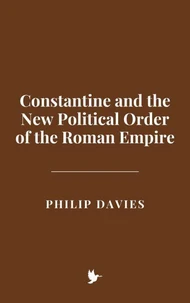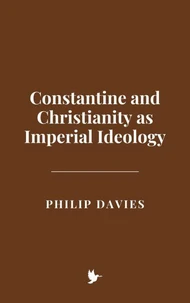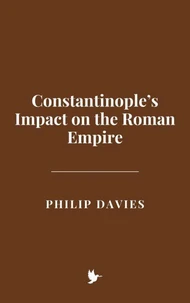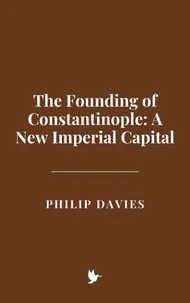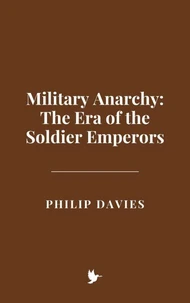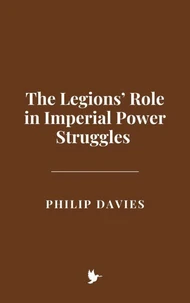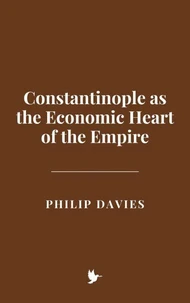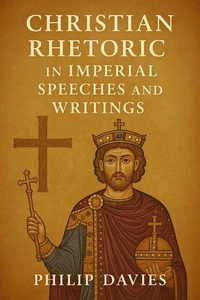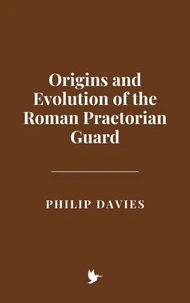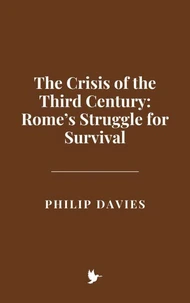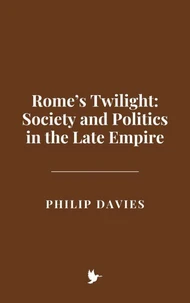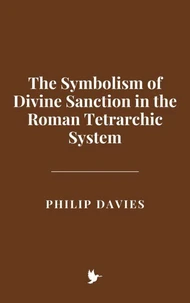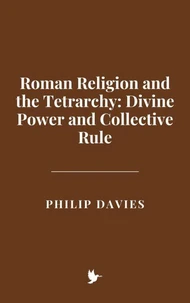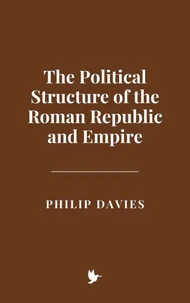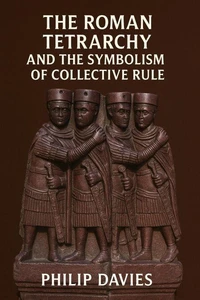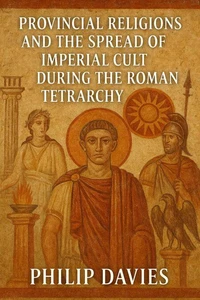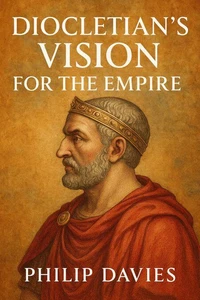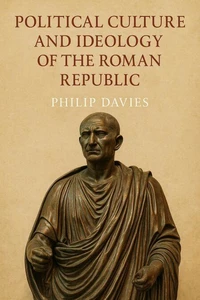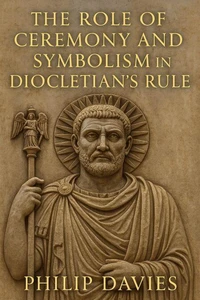Roman Law and Christianity
Par :Formats :
Disponible dans votre compte client Decitre ou Furet du Nord dès validation de votre commande. Le format ePub est :
- Compatible avec une lecture sur My Vivlio (smartphone, tablette, ordinateur)
- Compatible avec une lecture sur liseuses Vivlio
- Pour les liseuses autres que Vivlio, vous devez utiliser le logiciel Adobe Digital Edition. Non compatible avec la lecture sur les liseuses Kindle, Remarkable et Sony
 , qui est-ce ?
, qui est-ce ?Notre partenaire de plateforme de lecture numérique où vous retrouverez l'ensemble de vos ebooks gratuitement
Pour en savoir plus sur nos ebooks, consultez notre aide en ligne ici
- FormatePub
- ISBN8230889816
- EAN9798230889816
- Date de parution12/04/2025
- Protection num.pas de protection
- Infos supplémentairesepub
- ÉditeurIndependently Published
Résumé
This book delves into the complex and transformative relationship between Roman law and the rise of Christianity, exploring how Christian teachings and moral principles gradually reshaped Roman legal systems. Starting from the early Christian rejection of Roman pagan law, the book traces the evolution of legal thought from retributive justice and the absolute power of the emperor to a system influenced by Christian values of mercy, justice, and human dignity.
It examines key moments in history, such as the reign of Constantine, the establishment of canon law, and the gradual Christianization of both secular and ecclesiastical law. Through this analysis, the book provides a comprehensive understanding of how Christianity fundamentally altered not only religious life but also the legal structures that governed society, laying the groundwork for modern European legal systems.
Drawing on a wide range of primary sources, this work offers an in-depth look at the intersection of faith and law, showcasing the lasting legacy of Christian thought in shaping the Western legal tradition.
It examines key moments in history, such as the reign of Constantine, the establishment of canon law, and the gradual Christianization of both secular and ecclesiastical law. Through this analysis, the book provides a comprehensive understanding of how Christianity fundamentally altered not only religious life but also the legal structures that governed society, laying the groundwork for modern European legal systems.
Drawing on a wide range of primary sources, this work offers an in-depth look at the intersection of faith and law, showcasing the lasting legacy of Christian thought in shaping the Western legal tradition.
This book delves into the complex and transformative relationship between Roman law and the rise of Christianity, exploring how Christian teachings and moral principles gradually reshaped Roman legal systems. Starting from the early Christian rejection of Roman pagan law, the book traces the evolution of legal thought from retributive justice and the absolute power of the emperor to a system influenced by Christian values of mercy, justice, and human dignity.
It examines key moments in history, such as the reign of Constantine, the establishment of canon law, and the gradual Christianization of both secular and ecclesiastical law. Through this analysis, the book provides a comprehensive understanding of how Christianity fundamentally altered not only religious life but also the legal structures that governed society, laying the groundwork for modern European legal systems.
Drawing on a wide range of primary sources, this work offers an in-depth look at the intersection of faith and law, showcasing the lasting legacy of Christian thought in shaping the Western legal tradition.
It examines key moments in history, such as the reign of Constantine, the establishment of canon law, and the gradual Christianization of both secular and ecclesiastical law. Through this analysis, the book provides a comprehensive understanding of how Christianity fundamentally altered not only religious life but also the legal structures that governed society, laying the groundwork for modern European legal systems.
Drawing on a wide range of primary sources, this work offers an in-depth look at the intersection of faith and law, showcasing the lasting legacy of Christian thought in shaping the Western legal tradition.


